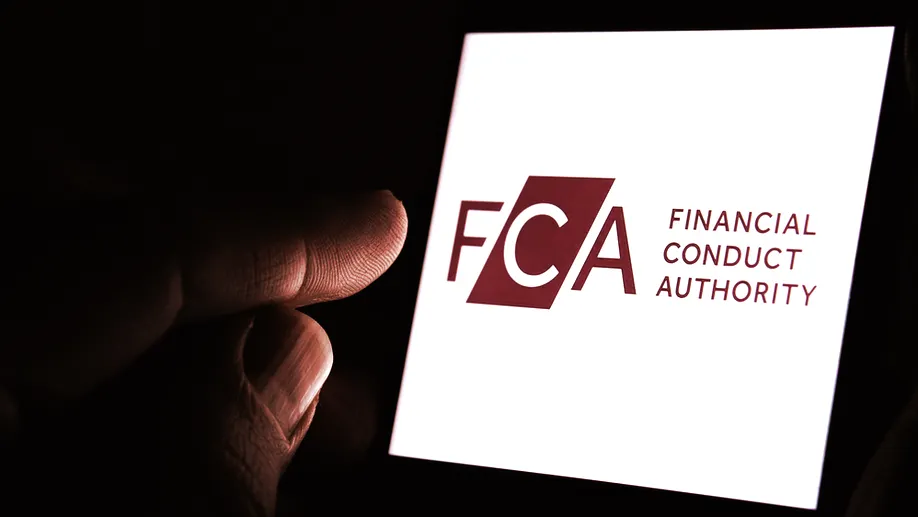In brief
- The FCA announced a ban on crypto products for retail investors in October 2020.
- That ban comes into force today.
- Many in the crypto industry are critical of the FCA's decision.
The Financial Conduct Authority’s (FCA) ban on crypto-based products for retail investors in the UK comes into force today.
The British financial services regulator announced the ban in October of 2020. The FCA considered crypto-based products “ill-suited” to retail customers because of a lack of reliable valuations, the prevalence of financial crime, price volatility, as well as the retail customer’s lack of understanding of crypto assets.
The FCA viewed these risks to mean that retail consumers could suffer “harm from sudden and unexpected losses” if they were to invest in these products.
The ban covers the sale, marketing and distribution of any derivatives of crypto assets like options and futures.
“This ban reflects how seriously we view the potential harm to retail consumers in these products,” said Sheldon Mills, acting as interim executive director of strategy and competition at the FCA in October, adding, “Consumer protection is paramount here.”
In addition, the FCA advised that—following the ban—”any firm offering these services to retail consumers is likely to be a scam.”
The decision proves divisive
Many in the crypto space were critical of the FCA’s decision.
“When the ban was passed by the UK government in October, there was no coordination with officials in the US, EU, or any other regions around the world,” said Jason Brown, director of business development at Komodo, adding, “What the blockchain industry needs the most is consistent regulations across jurisdictions.”
Brown also pointed to the fact the US Commodity Futures Trading Commission (CTFC) “has been regulating crypto derivatives markets that are available to both retail and professional investors for over three years.”
I think @Gemini deserves more praise for the prudency behind which assets it lists
Gemini never listed XRP, EOS, or any other dubious asset that could potentially harm the uninformed investor
All assets on Gemini are totally legit IMO, which is hard to come by!
Props, Gemini!
— DavidHoffman.eth 🏴 (@TrustlessState) January 5, 2021
Dermot O’Riordan, partner of Eden Block, doubled down on the FCA. “By banning crypto derivatives, the FCA is basically indicating that they don’t know how to regulate this,” he said, adding that the “FCA has chosen to abdicate rather than lead.”
O’Riordan also said this move could risk pushing retail investors towards unregulated platforms that offer even less protection than regulated ones.
UK-based crypto exchange Coinshares echoed some of these sentiments in a September letter explaining the firm’s opposition to the FCA’s ban.
On the other hand, Gunnar Jaerv, COO of First Digital Trust, suggested this ban could actually benefit the digital asset market more generally.
“More people would have to buy the ‘actual’ assets meaning that there would be real money going into the assets and will be priced into the market,” Jaerv said, adding, “Theoretically, this would then mean that prices could be more stable, volumes and market cap would increase and thus increasing prices of the digital assets.”
Despite the controversy, the FCA anticipates that retail customers will save over £50 million ($68 million) as a result of the ban on crypto products.

